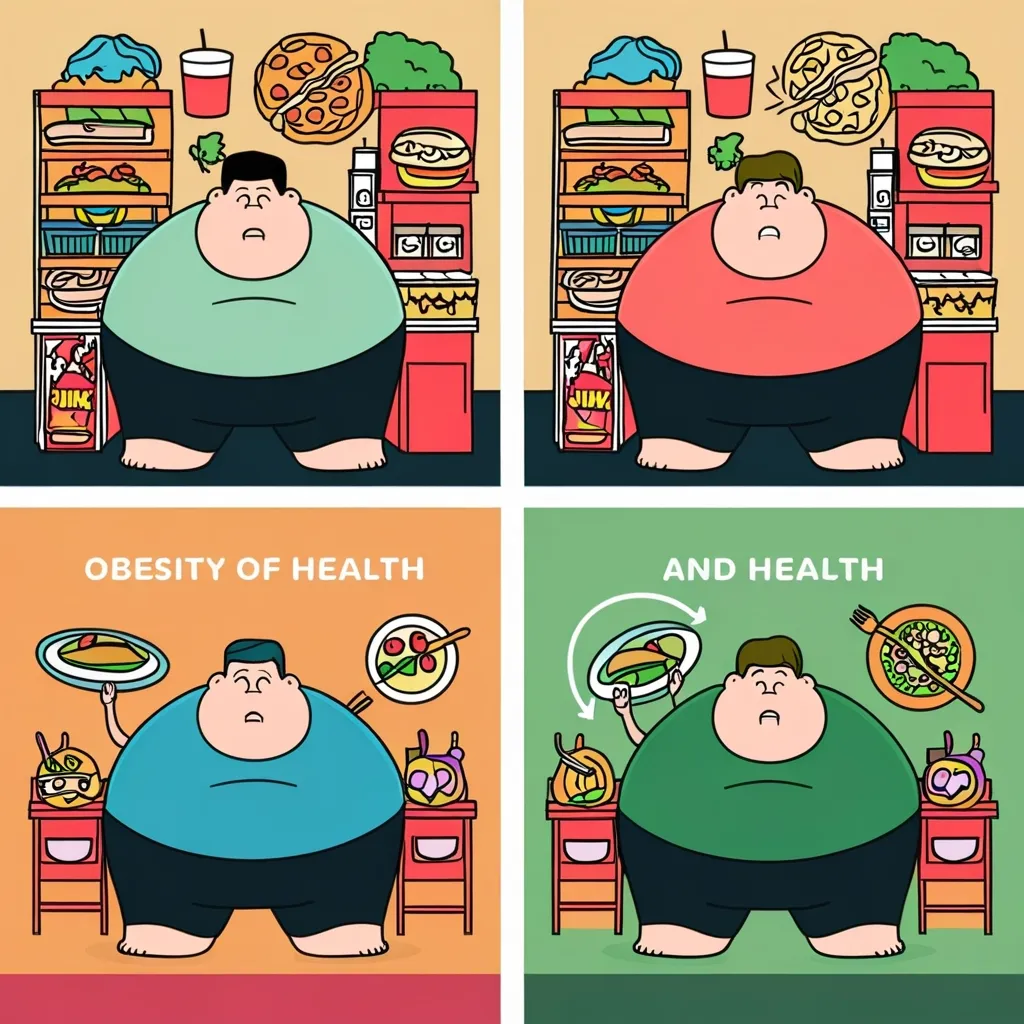Intermittent fasting has been making waves in the health world, and it’s easy to see why. Unlike traditional diets that focus on what you should eat, intermittent fasting is all about when you should eat. It’s an age-old practice that has caught the modern eye with promises of weight loss and improved health.
The concept is straightforward: limit your eating to certain windows and give your body time to burn calories and fat. Imagine eating during an 8-hour window and fasting for the other 16 hours. This method, known as the 16/8 method or Leangains protocol, lets your body use up the calories from your meals before switching to fat-burning mode. Another popular approach, the 5:2 diet, means eating normally five days a week and majorly cutting calories the other two days.
Intermittent fasting offers a bunch of health benefits. It can help shed pounds by keeping your calorie intake in check and also boost insulin sensitivity, which is key for managing blood sugar levels and staving off type 2 diabetes. There’s also talk of reduced inflammation, a major component in many chronic illnesses.
Brain health gets a nod too. Animal studies hint that fasting might up the production of a brain hormone called BDNF, which helps grow new nerve cells and could protect against neurodegenerative diseases.
But let’s be real – intermittent fasting isn’t a one-size-fits-all. If underweight or battling eating disorders, chatting with a doctor first is crucial. Some women have noticed changes in their menstrual cycles when they begin fasting, making it extra important for them to consult healthcare professionals.
Sticking to the fasting windows can be tough, especially at the start. Expect to feel hungry or even grumpy until your body finds its groove, usually after a couple of weeks. Timing can also make a huge difference. Fasting at night and eating during the day seems to sync better with our natural body clocks. This could lead to better results and might even make the practice more sustainable.
In a nutshell, intermittent fasting is about alternating eating and fasting phases. It’s got a lot going for it – weight loss, better insulin sensitivity, less inflammation, and potentially a sharper brain. Though it won’t suit everyone, it can be a powerful tool for improving health and lifestyle. Always remember to consult a healthcare pro before jumping into any new diet or fasting routine.






